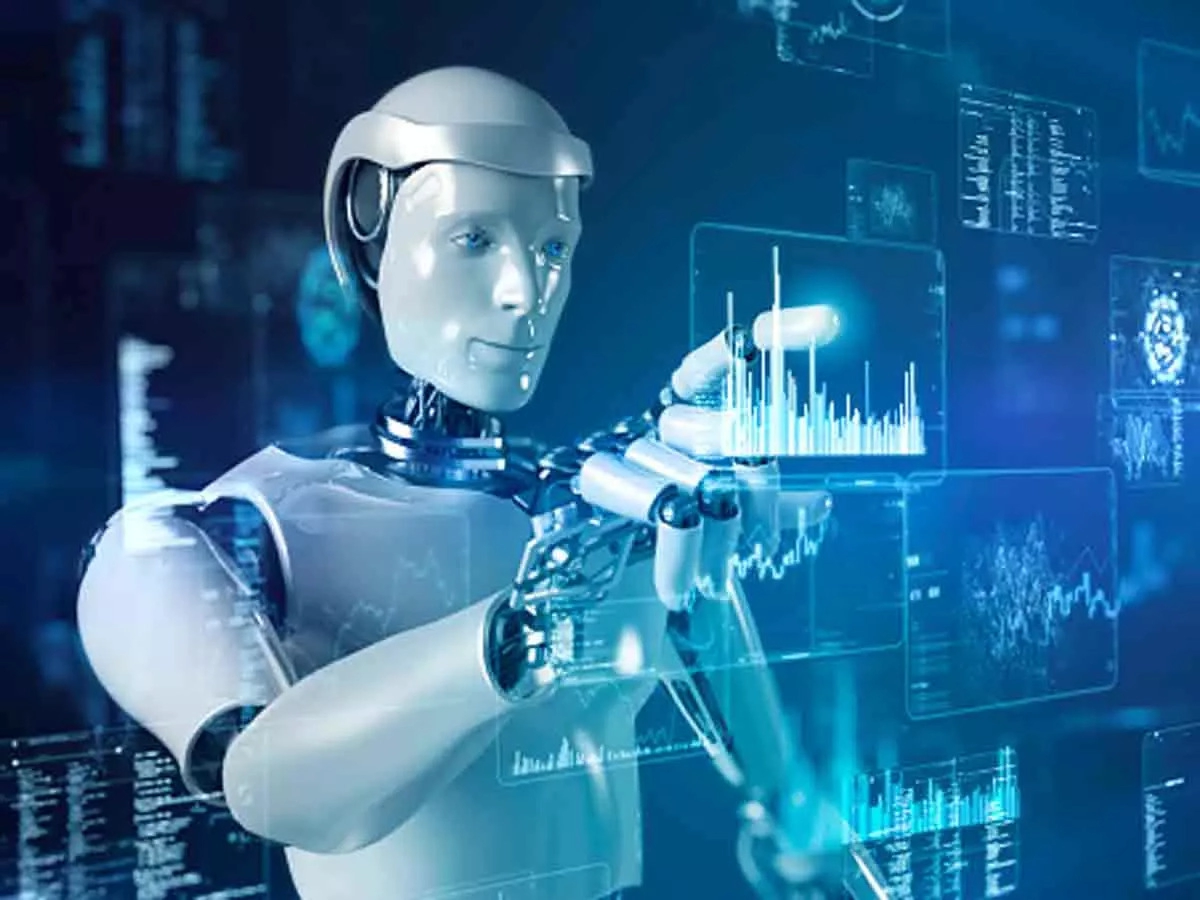The role of artificial intelligence (AI) in the future of work has sparked a lot of debate in recent years. While some are concerned that AI will replace people’s jobs, others see it as a tool that can boost human productivity and help businesses become more efficient. In this blog post, we will look at the role of AI in the future of work and discuss some of the advantages and disadvantages of this technology.
One of the primary advantages of Artificial Intelligence (AI) in the workplace is its ability to automate repetitive, time-consuming, or dangerous tasks. Data entry, record keeping, and monitoring equipment are examples of such tasks. AI frees up employees’ time to focus on more complex and creative tasks by automating these tasks. For example, an HR professional who spends most of their day sorting through resumes and conducting initial interviews could delegate those tasks to an AI-powered chatbot, allowing them to spend more time developing relationships with candidates and strategizing about recruitment.
AI can also assist businesses in becoming more efficient by analysing large amounts of data and identifying patterns or insights that humans might overlook. A marketing team, for example, could use AI to analyze customer data and identify trends in purchasing behavior, which could inform product development and marketing strategies. A logistics company, for example, could use AI to optimize delivery routes and reduce fuel consumption, resulting in cost savings and lower carbon emissions. Also, a great example is an artist who can make money with midjourney and then sell that AI-generated artwork.
Another advantage of artificial intelligence is its ability to provide personalized experiences for customers and employees. An e-commerce site, for example, could use AI to personalize product recommendations based on a customer’s browsing and purchasing history. Similarly, an HR department could use AI to personalize employee training and development programs based on their skills and career goals.
However, there are some drawbacks to using AI in the workplace. One of the most difficult challenges is ensuring that artificial intelligence is used ethically and responsibly. This includes making AI-powered systems transparent and explainable so that users can understand how they function and make informed decisions. It also includes ensuring that artificial intelligence is not used to discriminate against specific groups of people, such as by using biased algorithms in hiring or promotion decisions.
Another challenge is ensuring that AI is used to supplement and enhance human skills rather than completely replace them. Businesses must carefully consider which tasks and processes can be automated, as well as provide employees with the training and support they need to work alongside AI.
To summarise, the role of artificial intelligence in the future of work is complex and multifaceted. While AI has the potential to transform the way we work and open up new opportunities for both businesses and employees, it also poses significant ethical and practical challenges. To fully realize the benefits of AI in the workplace, businesses must approach its implementation with caution and care, ensuring that it is used to improve human skills and capabilities.
